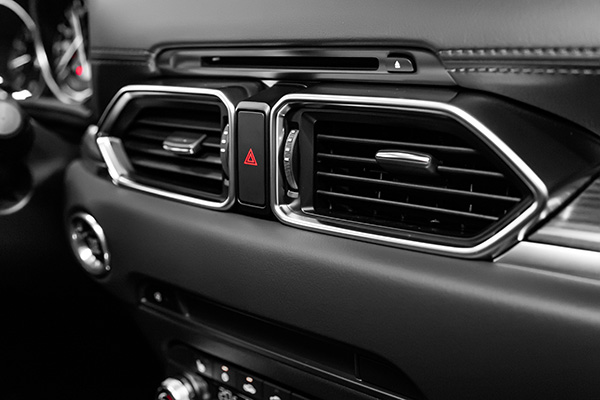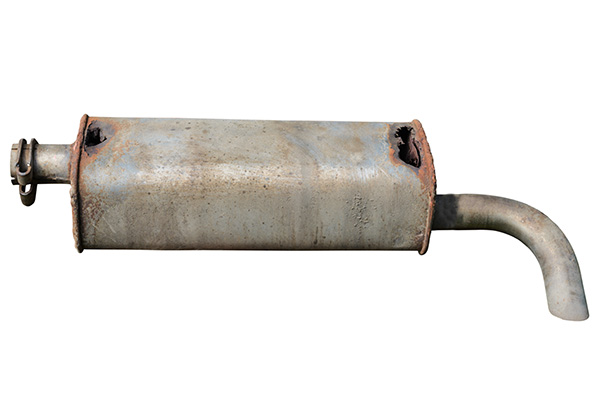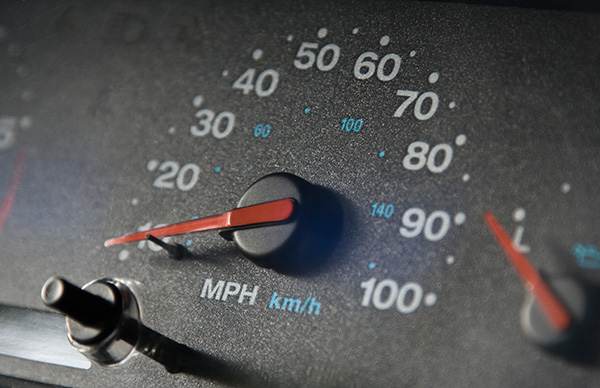Posted on 12/20/2024

As winter approaches, the functionality of your car’s heater and defroster becomes more important than ever. These systems are not just about comfort—they’re essential for your safety. A well-functioning heater keeps you warm and prevents frostbite during chilly months, while a defroster ensures that your windows are clear, allowing you to see the road ahead. If either of these systems starts to malfunction, it can make driving hazardous. 1. Weak or No Heat One of the most obvious signs that your heater might need repair is a lack of warmth. If you turn on your heater, but the air coming out is lukewarm or cold instead of warm, it’s time to investigate the issue. Possible causes for weak or no heat can include: Low Coolant Levels Heater Core Problems Malfunctioning Thermostat 2. Strange Smells When You Turn On the Heater If you notice a strange smell when you turn on your heater, it’s an ... read more
Posted on 11/29/2024

The holidays are a time for family, fun, and adventure—but they’re also a time when the roads are busier, and winter weather can throw curveballs your way. Whether you're planning a short drive to visit loved ones or a long road trip to a winter wonderland, ensuring your car is ready for the journey is necessary. Neglecting a pre-trip inspection could lead to unexpected issues that turn a festive getaway into a stressful ordeal. Let’s unpack why a pre-trip inspection is your best ally for safe, worry-free holiday travel. Spotting Potential Issues Before They Happen Wouldn’t you rather address a car issue in the comfort of your driveway rather than on the side of the highway? A pre-trip inspection allows you to catch potential problems before they ... read more
Posted on 10/31/2024

Noticing something off with your car can be alarming, especially when you’re not sure what’s causing it. One issue that’s often overlooked is an exhaust leak, which can be hazardous if not dealt with. Exhaust leaks can lead to harmful gasses entering the cabin, reduce engine efficiency, and even damage other components of your vehicle. Knowing the early signs can help you catch an exhaust leak before it becomes a bigger, more expensive problem. We'll share how to detect the early signs of an exhaust leak. Unusual Noises Coming from Your Car One of the first signs of an exhaust leak is a change in the sound of your car. If you notice that your vehicle has become significantly louder than usual, it could be a clue that something’s wrong with the exhaust system. Typically, a leak in the exhaust will cause a loud, hissing or popping sound when the engine is running, especially during acceleration. The exhaust system is supposed to ... read more
Posted on 9/27/2024

Pickup trucks are known for their durability and ruggedness, making them a popular choice for those who need both utility and power. Whether you're using a pickup for work, towing, or everyday driving, they need regular care to stay in top condition. However, like any vehicle, pickups are prone to specific problems over time. Let’s break down some of the most common issues that pickup truck owners face and how you can prevent them from becoming costly repairs. Transmission Problems One of the most frequent complaints from pickup truck owners is transmission issues. The transmission is responsible for transferring power from the engine to the wheels, and it endures a lot of stress—especially when hauling heavy loads. Symptoms of transmission problems include slipping gears, delayed shifts, or strange noises while driving. These issues can arise due to insufficient transmission fluid, heavy towing, or just general wear and tear over time. If ... read more
Posted on 8/30/2024

A faulty speedometer may appear to be a minor inconvenience, but it can have serious consequences if not addressed promptly. You rely on your speedometer to gauge your speed, ensuring you stay within speed limits and drive safely. However, when your speedometer stops working correctly or starts giving inaccurate readings, the dangers associated with this are more significant than you might think. Why a Functional Speedometer Is Important Your speedometer is more than just a number on your dashboard—it's a critical safety feature. When functioning correctly, it allows you to monitor your speed, helping you avoid speeding tickets, reduce the risk of accidents, and comply with traffic laws. A faulty speedometer, on the other hand, can lead to a host of problems that compromise both your safety and the safety of others on the road. Accurate Spee ... read more